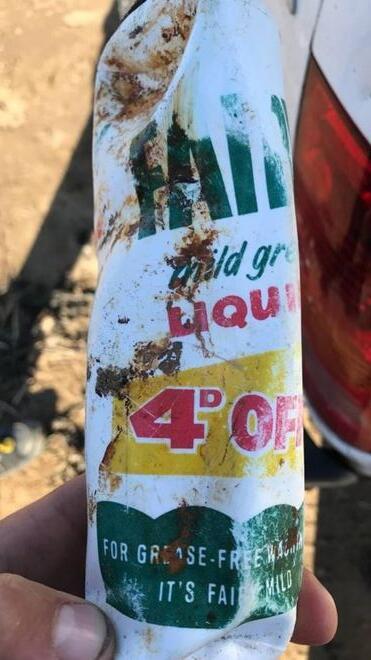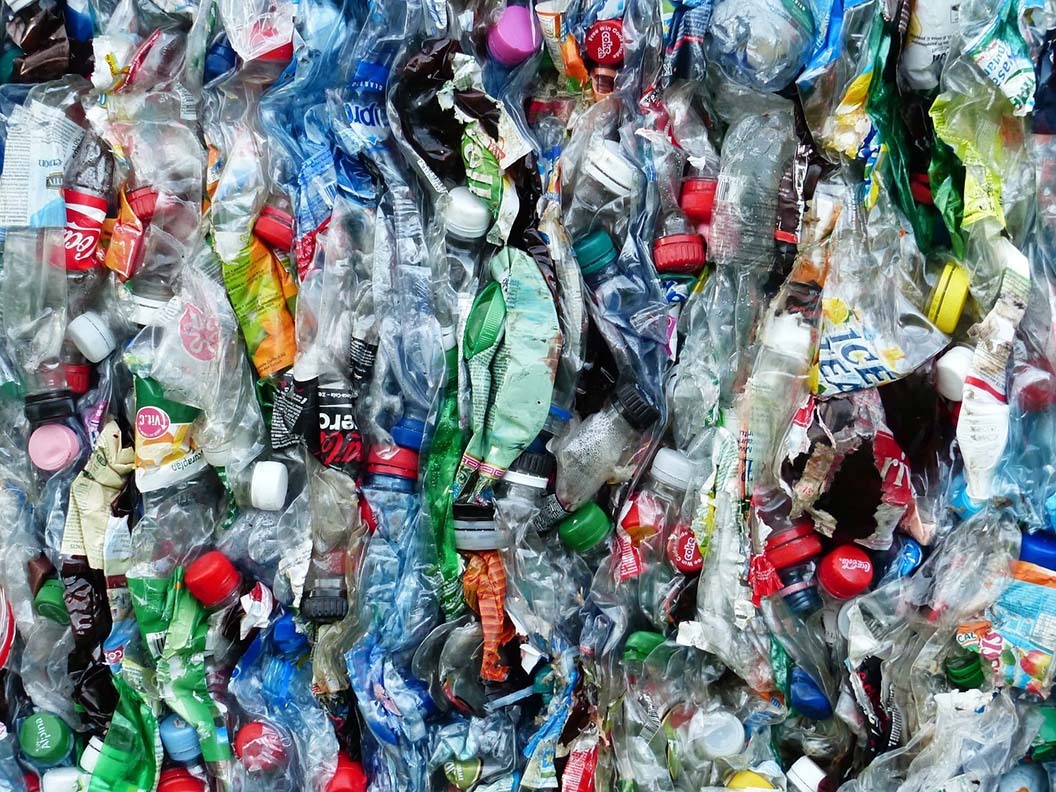Sustainable Packaging
Introduction
The packaging industry has long been renowned as one of the most innovative and creative sectors; at the forefront of historic technological advancements such as glass blowing, ceramics and food preservation. These have had a profound effect on the world and society that we live in.
For example the humble metal can, invented in 1810, greatly increased the lifespan of food which enabled pioneering adventurers to travel further with the provisions that they had. For this reason it was vital in Sir William Parry’s historic Arctic expeditions in the 1820s, which set the record at the time for furthest travelled north by a human.
The industry’s latest challenge? Tackling plastic waste.
Plastic, a miracle substance?
Hard-to-recycle plastic packaging has found its way into the environment in mass quantities, dictating the need for innovation to replace and reduce this plastic. In a sense the plastic waste issue has been compounded by the qualities of plastic.
It is used in packaging to protect the products from the external environment, thus increasing the lifespan of products. However its very resistance to the environment, which makes it such an effective packaging preservation device, has meant that the plastic does not break down or corrode in the natural environment.

As you can see, this decades old Fairy Liquid bottle has barely eroded. Bottles such as this can take as long as 450 years to erode.
The reality and solution
Exacerbating this issue is the sheer scale of plastic packaging production; with a million plastic bottles bought every minute – this is clearly not sustainable.
As of 1st April 2022, the UK government has introduced the Plastic Packaging Tax (PPT), which is a tax on all plastic packaging items that are manufactured or imported to the UK. The aim of this tax is to encourage businesses to use recycled plastic in the manufacture of plastic packaging, creating a greater demand for more sustainable materials. Read our guide on the Plastic Packaging Tax (PPT).
Innovative food and drink packagers are rising to the challenge by creating innovative eco-alternatives to reduce unnecessary plastic waste. We take a look at some of the most creative and ground-breaking innovations that food packagers have invented in a bid to tackle plastic packaging waste.
Beyond plastic, the future of eco-packaging
Beeswrap
Beeswrap replaces plastic wrap with an organic wrap made out of beeswax and tree resin. It can be reused and is compostable once the consumer has finished using it.
Skipping Rocks Labs
Skipping Rocks Labs have created edible water bottles made from seaweed. If not eaten, these bottles will break down naturally in just 6 weeks. The company has made the formula to create these free to use, encouraging companies and people to replace the million plastic bottles used every minute with their edible alternative.
Innocent
Innocent are adding 15% bioplastic, made from a by-product of sugar cane, to all its bottles.
Riverford Farmers
UK-based, Riverford farmers are replacing all their single use plastic packaging in their deliverable vegetable boxes with compostable packaging nets made from tree pulp. These compost within 12 weeks.
Bloom Everlasting Chocolate
Bloom Everlasting Chocolate is a concept created by a UK designer for packaging that can be planted to regrow the ingredient flavouring used in the chocolate. For example, mint, orange and rose seeds infused into the packaging. Consumers can then plant the packaging, replacing the flavouring they have consumed.
Delipac
One of the key issues with sustainable packaging is replacing the protective layer of plastic that prevents cross contamination between packaging and goods. Delipac have created a “fully sustainable innovative packaging board” that is compostable, recyclable and biodegradable and can be used across categories, including frozen food, coffee cups and ready meals.
Loop
Loop is an innovative reusable packaging scheme that empowers consumers to avoid single use packaging. The company instead collects orders in reusable packaging and delivers to the customer. The consumer can the fill up the package with recycling which is the collected by Loop. Huge businesses such as Mondelez, Unilever and Nestle have already signed up to the circular scheme which is undergoing testing.
Coca-cola
Coca-cola have created a bottle made from plastic recovered from the sea. It is still only a concept model but demonstrates that truly innovative packaging has the potential to not only be neutral towards the planet but actually improve it.
Summary
These innovations alongside many others demonstrate the effort that food and drink packagers are going to in a bid to reduce plastic waste. However these are just the first step, as food packagers have an opportunity to continue to be at the forefront of innovations that change the world, by leading the way in tackling plastic waste.
Clearmark is helping to support these trailblazers by testing new and innovative packaging substrates on an ongoing basis to see if it is possible to print on. For example Clearmark has recently tested potato starch bags recycling film, and eco-friendly substrates. We would like to work alongside innovative food and drinks manufacturers to replace plastic where possible. Therefore if you have any alternative eco substrates you would like testing, we are happy to test the substrate and give expert advice for free.
Related Articles
Plastic Packaging Tax

Clearmark's Sustainability
We're already taking positive steps in reducing our carbon footprint, but we know that we have a long way to go before we achieve our overall goal.

